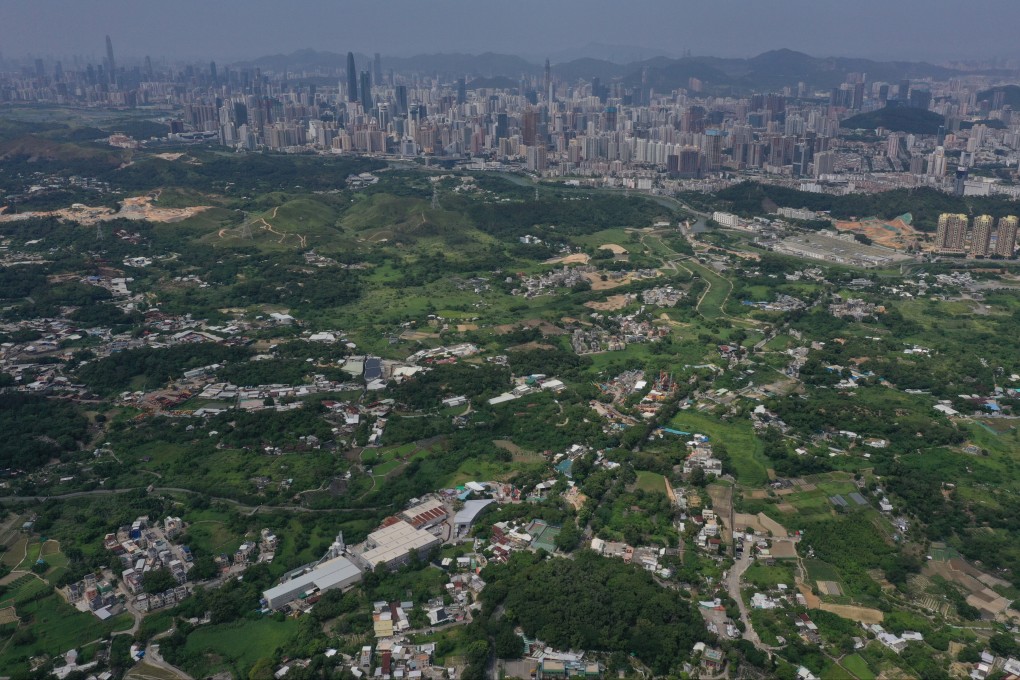Letters | Look ahead to the Northern Metropolis and leave Victoria Harbour alone
- Readers discuss the many implications of Carrie Lam’s housing plans for Hong Kong, including a proposed major development next to the mainland border

The New Territories have an area of about 96,000 hectares, which is seven times the combined size of Hong Kong Island and Kowloon. Because of the historical political background, only an estimated quarter of the land area there has been developed.
The Joint Declaration signed between China and the United Kingdom in 1984 made the New Territories a part of the Hong Kong special administrative region. Politically, the New Territories therefore became the same as Hong Kong Island and Kowloon after the handover to China in 1997.
The bill to amend the Protection of the Harbour Ordinance, put forward by some members of the Legislative Council, is misconceived and unnecessary. The proposed bill will make 90 per cent of the harbour available for further reclamation and take away the right of Hong Kong people to protect most of the harbour.